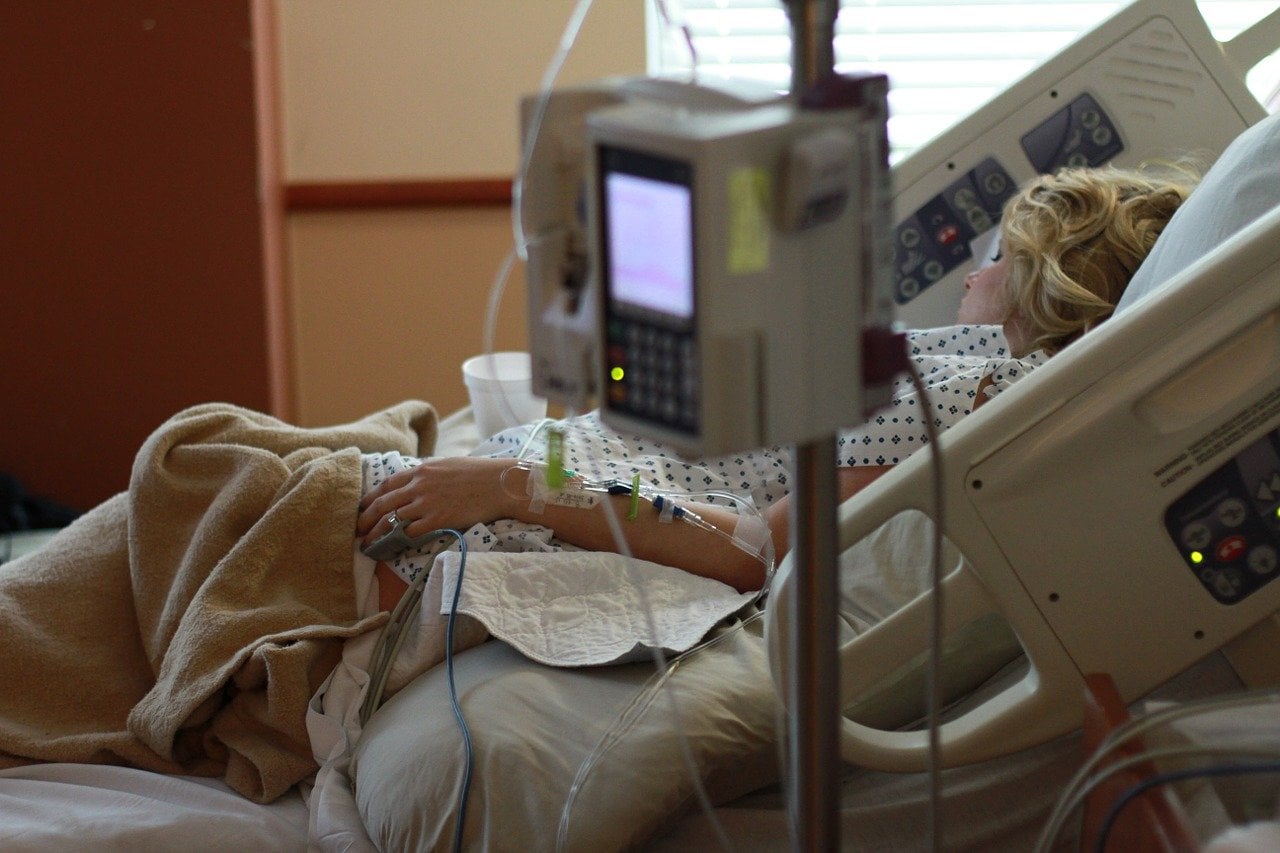Covid-19 Ventilator Shortage – CPAP machines to the Rescue? Simple 20-Second Handwashing Timer Could Also Save Lives
Q4 2019 hedge fund letters, conferences and more
WASHINGTON, D.C. (March 12, 2020) - CNN's Dr. Sanjay Gupta and other experts are predicting that, as the coronavirus continues to spread, our country's need for ventilators for the 1% of those afflicted who require them - one million people - would completely overwhelm the available supply of only about 72,000 full ventilators, many of which are already in use for patients with other medical problems.
But CPAP machines, already in wide use for people who snore, might be used as a temporary stopgap for those whose ventilator needs are not as severe and as complicated, suggests professor John Banzhaf, an MIT-educated engineer and inventor with several patents.
Banzhaf also says that a simple 20-second handwashing timer, mounted next to sinks, could also save many lives, since most people do not wash their hands long enough to effectively stop the spread of both the corona and flue viruses.
To deal with this life-threatening shortage of ventilators, Gupta suggested bringing old ventilators out of storage and trying to make them operable again, but this may not be sufficient if demands for life-saving breathing assistance continues to dramatically expand.
Also, trying to suddenly expand manufacturing capacity for these hospital machines also may not work, because they are both difficult and very expensive to construct.
Using Existing CPAP Machines
So Banzhaf suggests the possibility of using existing CPAP (Continuous Positive Airway Pressure) machines, now already in very widespread use in homes to combat sleep apnea, as devices to help persons with respiratory problems due to the coronavirus, especially in less serious cases which do not require the full power and sophistication of expensive hospital-type ventilator machines.
Here's why:
First, the number of existing CPAP machines greatly exceeds the number of hospital ventilation machines, and, because they are simpler and less expensive, manufacturing capability can be increased far more quickly, very easily, and at much lower cost.
Second, CPAP machines, especially those with full-face masks, can provide a very significant increase in the amount of air (and therefore oxygen) a user can consume, and many can easily be adjusted to provide even higher air pressures than would ordinarily be required to overcome mild sleep apnea.
Third, those most at risk of respiratory problems from the coronavirus virus - i.e., those who are elderly and/or have other medical problems - are also the population most like to already have and use CPAP machines.
So they and their family members are therefore familiar with and comfortable with them.
Therefore, in an emergency, these existing users could be asked to bring their units to the hospital where they might be used in all but the most serious respiratory distress situations requiring a sophisticated hospital ventilator machine.
Fourth, many CPAP units are used largely to limit snoring, and in some cases users might be able to do without them in an emergency without risk of serious health problems such as cardiovascular events.
Thus some current CPAP users might be induced to permit their units to be used by hospitals or other centers treating coronavirus patients if there is a severe shortage of hospital breathing machines.
Banzhaf, despite a lifetime of professional work and successes in the public health field, says he cannot fully evaluate the feasibility of using CPAP machines in some situations to help overcome the major shortfall of hospital ventilators, and therefore hopes that those who are more knowledgeable will consider investigating and evaluating the idea.
Handwashing with A 20 Seconds Timer
As an inventor, he also sees the need - and real life-saving value - for a simple and very inexpensive 20-second timer, similar to those already in use in millions of kitchens to time cooking operations, which could be mounted next to sinks where people wash their hands; in private or group homes, workplaces, hospitals, nursing and retirement homes, and elsewhere.
A user would simply touch a button before beginning the handwashing process, and the timer would help insure that he washed for at least the 20 seconds experts say is necessary to kill the viruses which could otherwise remain and affect the user, and others with whom he comes in contact.
Until someone begins marketing a new timer solely for this purpose, homes might consider using readily available kitchen timers to time how long family members wash their hands.
The threat posed by the coronavirus is so serious and unusual that all possible approaches - including simple technological ones - should at least be considered and evaluated, if not actively tested in practice, argues Banzhaf, whose work getting antismoking messages on radio and television, and banning cigarette commercials, is estimated to have saved millions of lives.
JOHN F. BANZHAF III, B.S.E.E., J.D., Sc.D.
Professor of Public Interest Law
George Washington University Law School,
FAMRI Dr. William Cahan Distinguished Professor,
Fellow, World Technology Network,
Founder, Action on Smoking and Health (ASH),
2000 H Street, NW, Wash, DC 20052, USA
(202) 994-7229 // (703) 527-8418
http://banzhaf.net/ jbanzhaf3ATgmail.com @profbanzhaf













